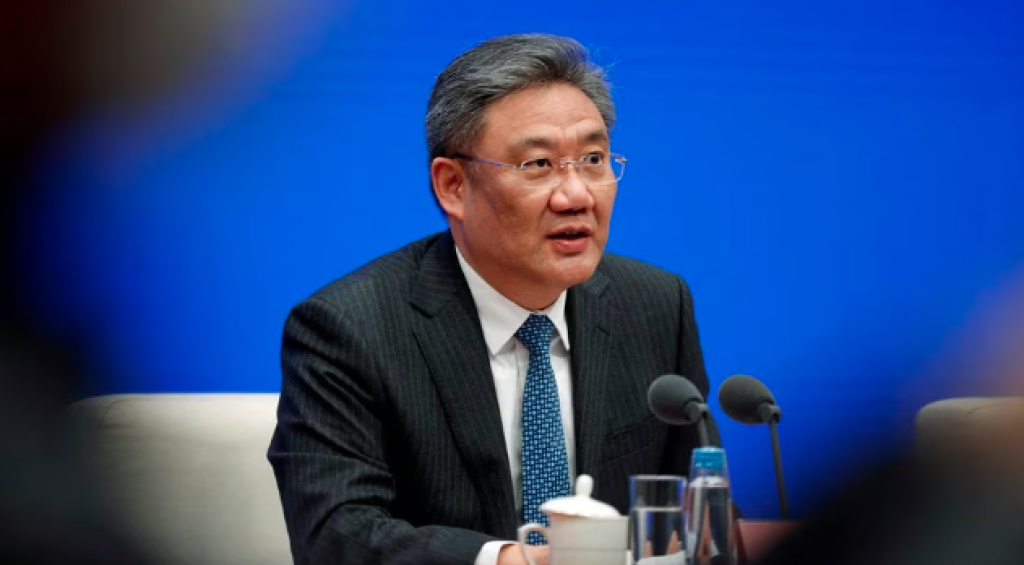Chinese Commerce Minister Wang Wentao urged Japan to halt semiconductor export controls, calling it a “wrongdoing” that “seriously violated” international economic and trade rules, a statement from his ministry said on Monday.
China’s latest condemnation of the export restrictions was made during Wang’s talks with Japanese Trade Minister Yasutoshi Nishimura on May 26 at the Asia-Pacific Economic Cooperation (APEC) conference in Detroit.
Japan, along with the Netherlands, in January agreed to match U.S. export controls that will limit the sale of some chipmaking tools to China, and has placed restrictions on the export of 23 types of semiconductor manufacturing equipment to its neighbour.
The U.S. imposed the restrictions last year aiming to slow China’s work on supercomputers that can be used to develop nuclear weapons systems and artificial intelligence systems.
Japan has not singled out China in its statements about the export controls, saying only that it is fulfilling its duty to contribute to international peace and stability.
Monday’s statement from the Chinese commerce ministry also said, however, that China “is willing to work with Japan to promote practical cooperation in key economic and trade areas.”
On Friday, Nishimura met with U.S. Secretary of Commerce Gina Raimondo and the two agreed to deepen cooperation in the research and development of advanced chips and technologies such as quantum computing and artificial intelligence.
Wang also met Raimondo and U.S. Trade Representative Katherine Tai while at the summit, criticising U.S. economic and trade policies towards China, including the U.S.-led Indo-Pacific Economic Framework that excludes China and aims to provide a U.S.-centered alternative to its influence.
The U.S., Japan and other members of the Group of Seven (G7) advanced nations this month agreed to “de-risk” but not decouple from China, reducing their exposure to the world’s second-largest economy in everything from chips to minerals.







































































